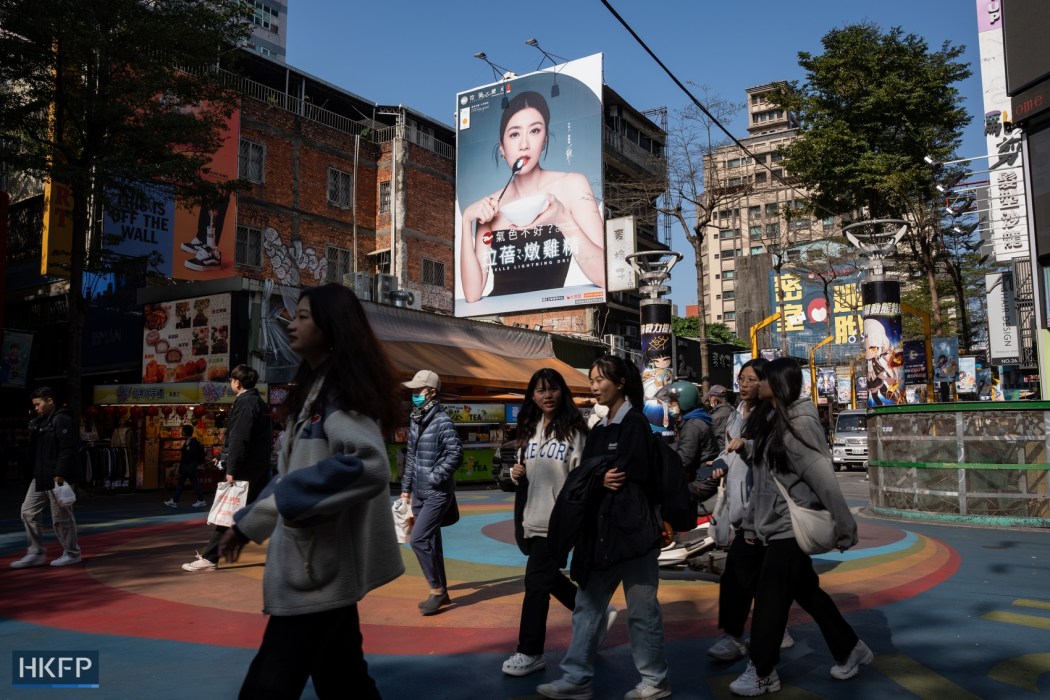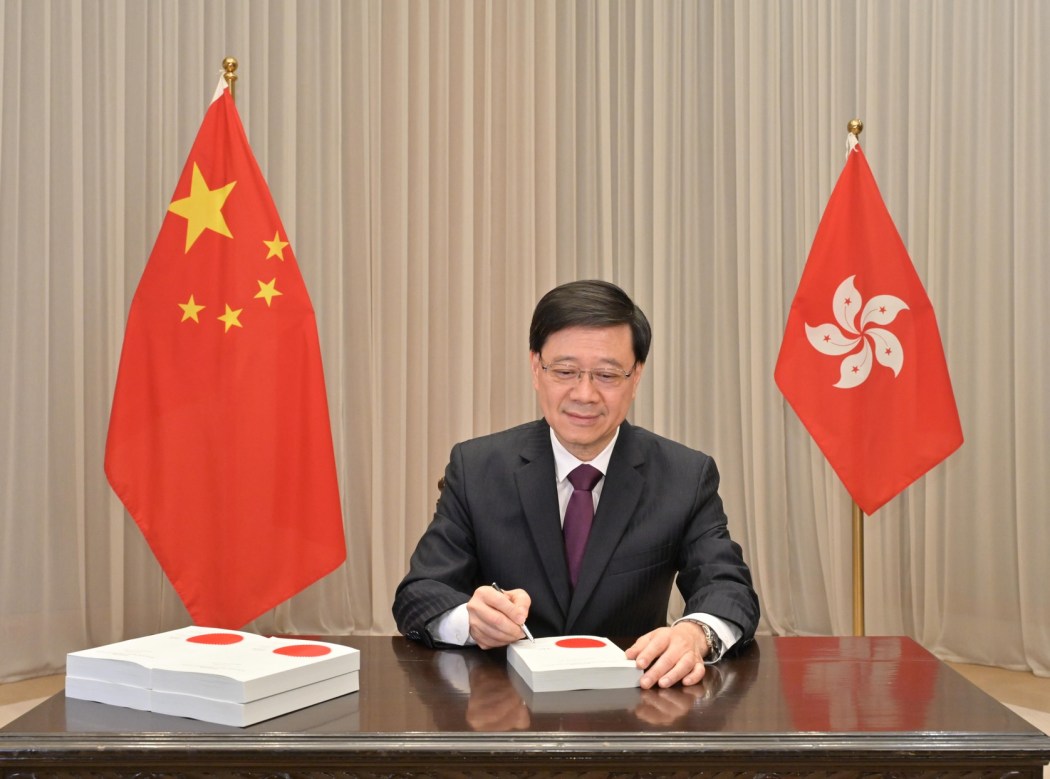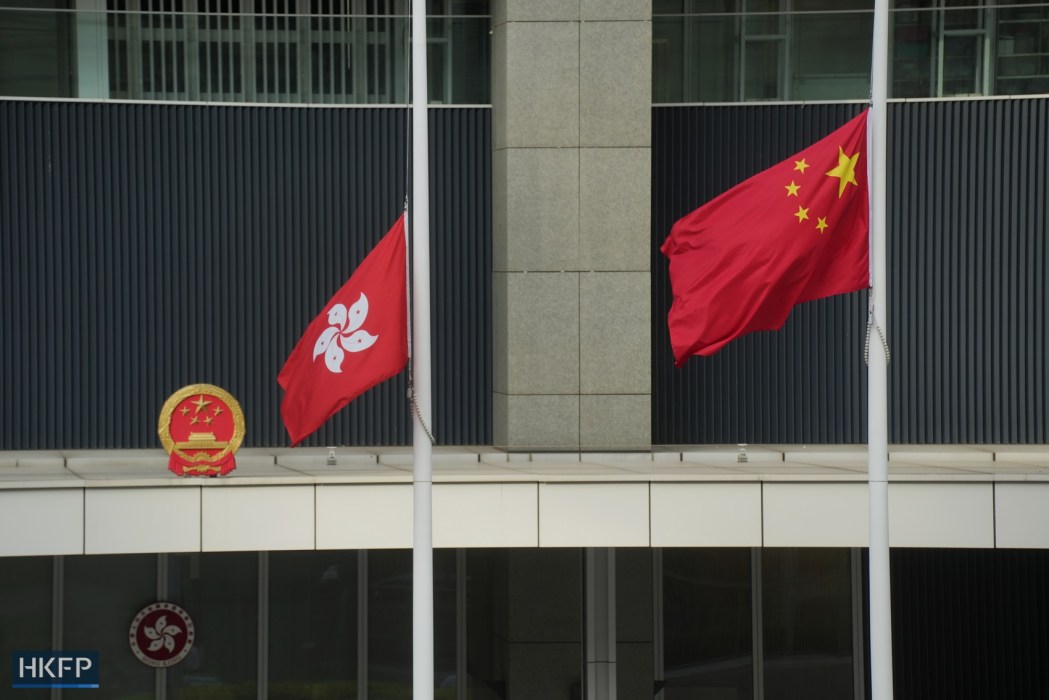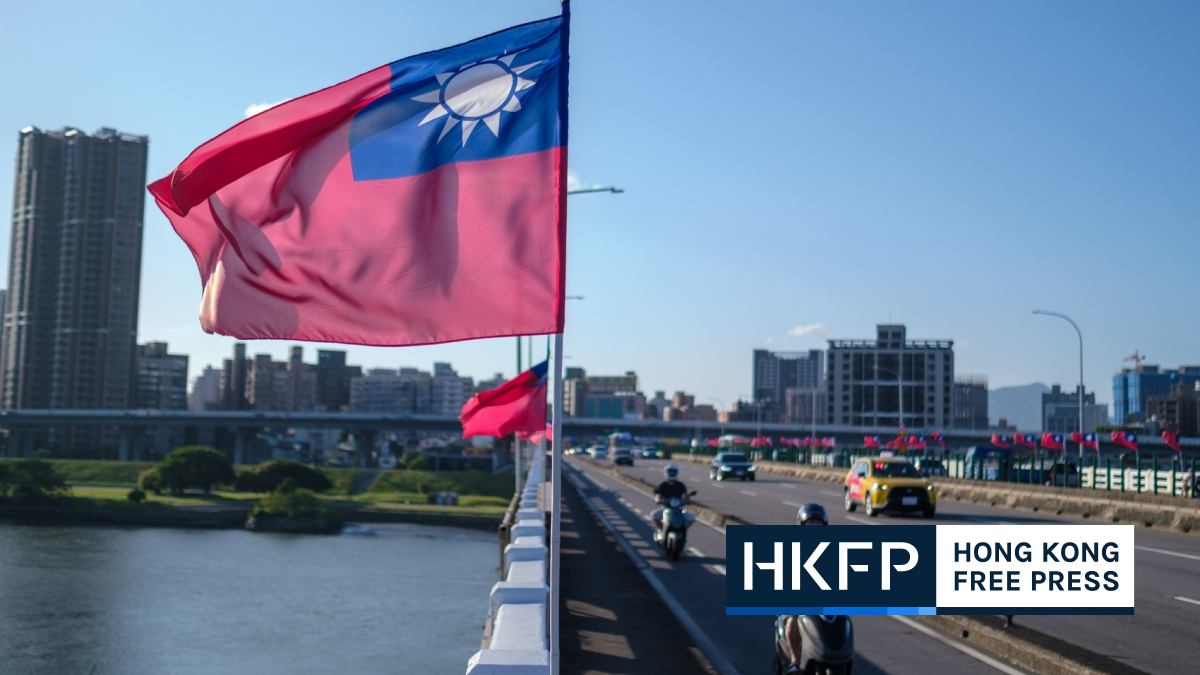The Hong Kong government has condemned Taiwan authorities after the self-ruled island issued its second-highest travel warning for Hong Kong, Macau and mainland China.
Taiwan on Thursday upgraded the travel alert, urging its citizens to “avoid unnecessary travel” to the above places, citing personal safety risks following the enactment of multiple security laws and a recent update to China’s judicial guidelines that allows the death penalty for advocating Taiwan independence.
“Mainland China, Hong Kong, and Macau have continued to increase and amend relevant national security laws in recent years. There have been quite a few cases of Taiwanese citizens being illegally detained, held, and interrogated when traveling to mainland China,” the Taiwanese government said in a Chinese statement published by the island’s Mainland Affairs Council (MAC).
It added that the new punishment guidelines issued by Beijing “seriously threatens the personal safety of Taiwanese citizens traveling to the mainland, Hong Kong, and Macau.”
“The Mainland Affairs Council reminds Taiwanese citizens to consider with caution the necessity of traveling to mainland China, Hong Kong, and Macau,” the statement read.


It continued: ” If there is a need to travel to mainland China, Hong Kong, or Macau, it is advised to avoid touching upon or discussing sensitive topics and affairs, filming ports, airports, and military exercise sites, and carrying books related to politics, history, and religion.”
In a statement issued on Thursday night, the Hong Kong government said the MAC’s move was “fact-twisting smears and slanders exposing malicious intentions.”
“The government strongly urges Taiwan authorities to stop smearing the national security law and the Safeguarding National Security Ordinance. The despicable manoeuvre with politics is doomed to fail,” the statement read.


It said that many countries had enacted legislation to safeguard national security, adding that the city’s security laws had “the international standard for the protection of human rights.”
Following the enactment of the Beijing-imposed national security law, Hong Kong established the Safeguarding National Security Ordinance, a homegrown security legislation known locally as Article 23. It came into effect on March 23 after being fast-tracked through the city’s opposition-free legislature.


Separate to the 2020 Beijing-enacted security law, the homegrown Safeguarding National Security Ordinance targets treason, insurrection, sabotage, external interference, sedition, theft of state secrets and espionage. It allows for pre-charge detention of to up to 16 days, and suspects’ access to lawyers may be restricted, with penalties involving up to life in prison. Article 23 was shelved in 2003 amid mass protests, remaining taboo for years. But, on March 23, 2024, it was enacted having been fast-tracked and unanimously approved at the city’s opposition-free legislature.
The law has been criticised by rights NGOs, Western states and the UN as vague, broad and “regressive.” Authorities, however, cited perceived foreign interference and a constitutional duty to “close loopholes” after the 2019 protests and unrest.
Death sentence
Beijing published a notice introducing punishment guidelines against Taiwan independence advocates and those inciting subversion last Friday.
According to the notice, “ringleaders” of independence efforts who “cause particularly serious harm to the state and the people” can be sentenced to death.


Other leading advocates could face jail terms ranging from 10 years to life imprisonment, the notice said.
It also stipulated that Chinese courts can hear the trial against defendants suspecting for advocating Taiwan independence even if the defendant is absent.
Support HKFP | Policies & Ethics | Error/typo? | Contact Us | Newsletter | Transparency & Annual Report | Apps
Help safeguard press freedom & keep HKFP free for all readers by supporting our team



